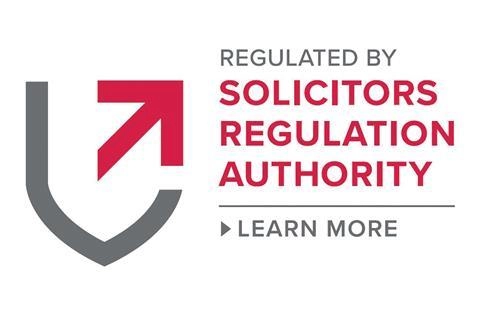The Crown Prosecution Service (CPS) is a national body that decides whether to take action against suspects who have been charged with criminal offences. It has the power to drop charges and obtain acquittals for those accused of committing crimes in the UK.
centralchamberslaw.com, in this article, will guide you on whether or not the Crown Prosecution Service can drop the charges against you, and if yes, what are the reasons under which it will be dropping the charges.
No Reasonable Ground
If there are no reasonable grounds to suspect that you were committing a crime, you may get the charges dropped.
The Crown Prosecution Service (CPS) is an independent prosecuting authority in England and Wales. It decides which cases to prosecute and whether or not to drop charges. The CPS also decides whether or not to take a case to court, as well as whether or not they will accept pleas from your defense team before coming up with their own decision on how best to serve justice for both parties involved in any given situation.
There Must Be Solid Evidence Against You
Even when the police have a case against you, they still need to show that their evidence is reliable and credible.
The Crown Prosecution Service (CPS) must consider whether your legal representatives will be able to provide an explanation for why they can’t present sufficient evidence in court. If this is not possible, then the CPS will decide whether or not to proceed with charges against you.
Lack of Evidence
If you’re accused of a criminal offence, and the prosecution fails to prove that you committed it, then it may be because there wasn’t enough evidence. This is one of the most routine reasons why CPS drops charges.
If this happens, there are two options open to you:
- You can appeal against the decision within 28 days (or 30 days if your case has been mentioned to another court) after receiving notice from the prosecutor that they intend to discontinue proceedings.
- You can seek legal advice about whether or not there are grounds for appeal before deciding how best to proceed with your case.
The Accused Has Repaid the Amount
The crown prosecution service will drop charges against you if you repay the cost of what you are accused of stealing.
This is a common reason why the crown prosecution service would drop charges against you, and it can be done:
- By way of making an ex-gratia payment. If this is your preferred method, we recommend you look into civil claims for monetary damages instead because they’re easier to pursue and win than criminal proceedings (if there’s no other reason the accused person needs money).
You Were Unaware Thar Your Actions Were Illegal
If you weren’t aware that what you were doing was wrong or illegal, the CPS would drop your charges.
You might be surprised when you get to know that even if your actions were illegal and/or wrong, it doesn’t mean that the Crown Prosecution Service (CPS) will take action against them. The CPS has an obligation to investigate whether or not someone has committed any crimes before charging them with one, and if they find evidence that suggests otherwise, they have no choice but to dismiss charges altogether.
This means there are times when people who’ve been found guilty of committing a crime may still face punishment from their communities and/or legal systems, this is especially true when these cases involve things like shoplifting or assault, even if those actions weren’t intended as criminal acts by themselves.
Mistaken Identity
The Crown Prosecution Service (CPS) is supposed to ensure that the right person is charged, convicted, and sentenced for an offence. It has a duty to act fairly in all cases, but this does not mean it always does.
The CPS must be certain about your guilt before it takes any action against you: if there were doubts about whether or not you committed an offence in the first place, then these would have been investigated by another body, such as police officers from their own force or civilian investigators from another organization such as HMRC who investigated frauds etcetera.
However, if there were no doubt about your guilt then no further investigation would have been required since nothing needs investigating anymore!
No Witnesses to The Crime
If the crown prosecution service has no evidence against you and there are no witnesses, they could drop charges against you.
The police can’t prove that you were involved in the crime unless they have more than one witness who saw what happened.
If this is the case and one of your friends or family members was at the scene of the crime, too, then it will be harder for them not to mention your name. This means that even if someone else did see something happen but didn’t say anything about it when they heard about it later on.
Evidence Was Collected Illegally
If the police illegally collected evidence, your case may be dropped. This is because:
- The police are not allowed to use violence, threats, or intimidation to get information from you.
- They cannot lie in order to get evidence against you (this could include telling them that someone else said something).
If this happens, then your lawyer should immediately collect all of the relevant documents and photographs from everywhere where they were taken (e.g., CCTV footage). They must also ask for copies of any statements made by witnesses who saw what happened (including any statements made by officers).
If possible, they should also talk directly with anyone who has been interviewed by the CPS about their involvement with this case – especially if there was any pressure put upon them during that interview process.

